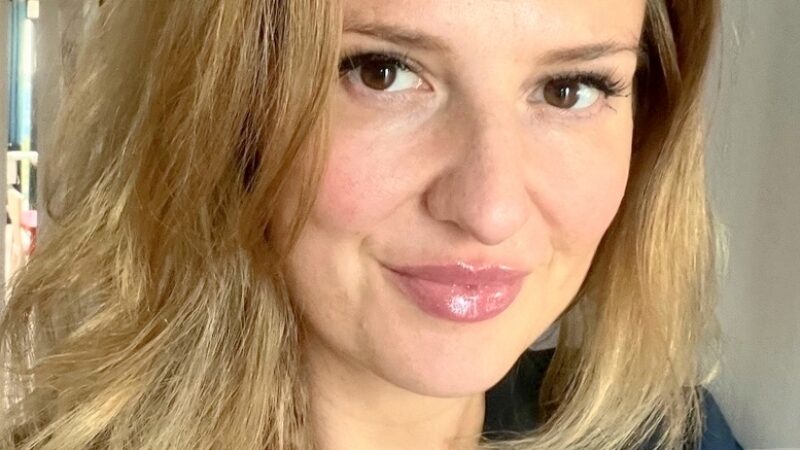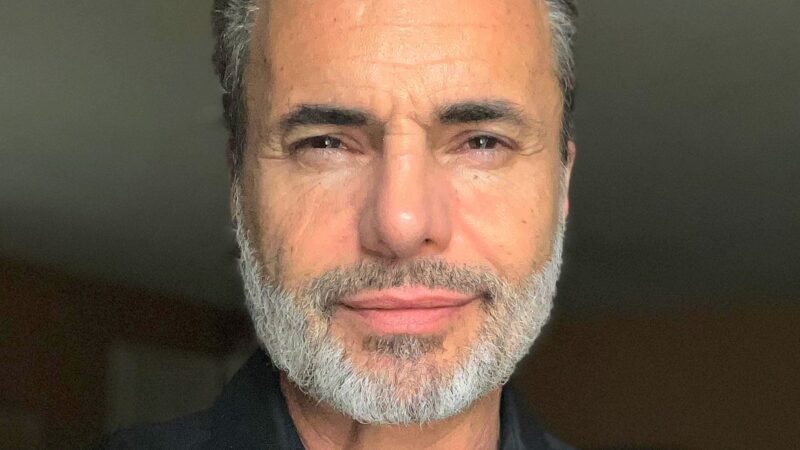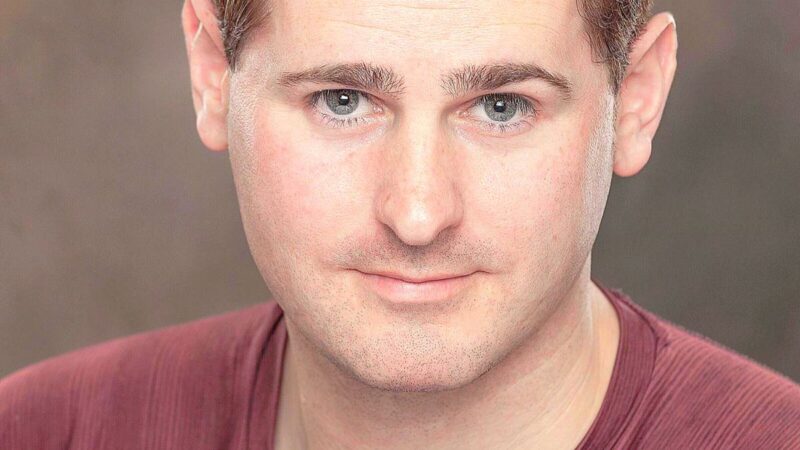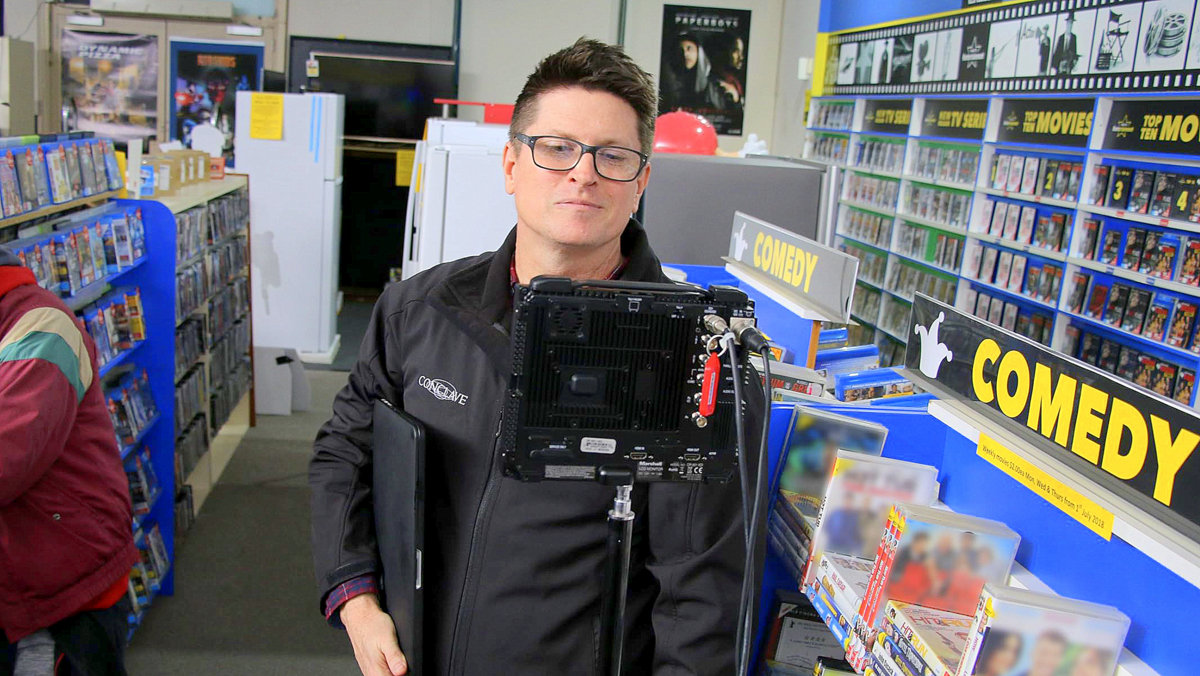
Brian is an Australian. He has many years of experience in the local Film and TV industry. He has worked in live-action drama, Feature film, short films, corporate videos, and commercials. Brian cut his teeth working with advertising agencies, publishers, and various clients at film & TV and games companies. He has worked through all stages of production; script, shooting to final edit, and sound mix. He has developed several long-form live-action and animation projects for Film and Television.
indieactivity: How would you describe your work as a director?
Brian Vining (BV): I enjoy comedy/dramas that have a bittersweet human element. Or strong message that can hit the audience when they least expect it and hopefully leave the viewer thinking. Most of my favorite films take the audience on a journey. Onw where they feel a wide range of emotions, one minute laughing and the next, solemn or serious.
How did you get into directing?
Brian Vining (BV): Upon leaving film school, I wrote numerous spec screenplays. But, I struggled for many years to get projects up. I had directed tons of corporate and training films. I ultimately thought the best way forward was to self-finance and distribute my own film. So I made The Last Video Store – the first of many to come.
The Official Trailer for The Last Video Store Written and Directed by Brian Vining
How do you choose a project to direct?
Brian Vining (BV): I set out to find a project that was not only achievable but also had a single location and minimal production spend. My goal was to create something funny, and nostalgic and could deliver an uplifting message to everyone who watched it.
What uniqueness can female directors bring to film/TV/cinema?
Brian Vining (BV): Portraying female characters with depth and placing them in positions of leadership can inspire young girls to recognize their potential and envision a future where they can achieve their goals.
Do you often take courses to increase your craft?
Brian Vining (BV): I am a teacher myself and highly recommend the screenwriting books, “Save the Cat” by Blake Snyder and “Screenplay” by Syd Field.
What books do you read?
Brian Vining (BV): I am currently reading Dune by Frank Herbert, it keeps me awake at night for all the wrong reasons.

Why would you choose an actor, writer, or producer? What do you look for?
Brian Vining (BV): Upon meeting an actor, it’s typically clear in the first two minutes if they are suitable for a role. However, I do believe it’s essential to allow the actor to present their interpretation of the script first because they might pleasantly surprise you. A truly great actor should possess an incredible range of skills and be able to bring to life all the shades and colors that a script demands. After all, it’s their job to paint a vivid picture for the audience, and that requires a whole lot of talent and dedication.
When you are offered a project, what things do you put in place to deliver a good job?
Brian Vining (BV): I make sure to meticulously plan every aspect of pre-production, from camera work to location scouting and production design. Additionally, I rehearse with the actors extensively to ensure the best possible outcome.
Briefly explain your latest work?
Brian Vining (BV): My indie feature film, “The Last Video Store,” is now available for streaming worldwide. The film centers around two young employees at a video store whose love story is captured by the store’s security cameras. However, things take a turn for the worse when the ex-boyfriend, who has a history of trouble, shows up.
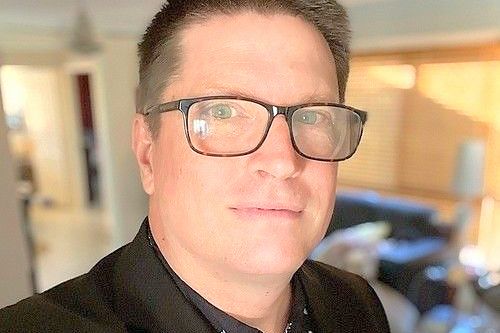
Explain key challenges on your last film?
Brian Vining (BV): Our film production shoot went incredibly well. Everything went like clockwork, with no major issues or delays. However, the post-production process took much longer than we had anticipated. We faced some challenges due to work commitments and a lack of funds. Despite these obstacles, our cast and crew remained determined to see the project through to completion. Finally, after much hard work and dedication, we were able to finish the film.
What ‘thing/situation’ helps you during production?
Brian Vining (BV): I was fortunate to be surrounded by a crew of incredibly talented and resourceful individuals whom I will be eternally grateful for. In addition to their expertise, having a script supervisor, storyboards, and a nice cup of tea made all the difference.
Explain a creative choice you took on the set of a recent production?
Brian Vining (BV): I had the great fortune of collaborating with Jayden Latcham and Dannie Clowes during rehearsals. We incorporated a lot of improvisation and jokes into the script before filming, which added an extra layer of charm to the dialogue. Sometimes it’s necessary to cut entire scenes in order to maintain the film’s momentum. I would highly recommend that indie filmmakers keep their shooting scripts under 90 pages (90 minutes). Ours was longer than that, and the first cut dragged on.
How do you advise directors to find projects?
Brian Vining (BV): Write a script, raise some money, and take a moment to think about who would be the perfect fit to direct your passion project. And guess what? The answer might just be you! Don’t be afraid to put on your director’s hat and take charge. With a little perseverance and creativity, you can make a film that truly captures your vision.
How can filmmakers finance their projects?
Brian Vining (BV): Funding a feature film is not nearly as expensive as it used to be. But this also means that there are lots of other filmmakers that are doing the same thing and the market is saturated. Pull together a team of like-minded individuals all keen to make something and ask them all to invest.
What do you want from an actor during a production?
Brian Vining (BV): Making movies can be a very demanding and stressful process for everyone involved. It can often feel like a marathon. Therefore, actors should prioritize taking care of themselves by getting plenty of sleep and being as prepared as possible for the next day’s shoot.
How do you prefer to work with a producer during a production?
Brian Vining (BV): A film producer who excels at collaboration, problem-solving, and occasionally, providing a level-headed perspective, is undoubtedly the ideal type of producer.
What do you think a female director can do to get into the film industry?
Brian Vining (BV): Female directors should create projects that showcase their unique voice and perspective, both in short and long form, self-distribute, and self-promote. The sky’s the limit.
Who is your favorite director?
Brian Vining (BV): My favorite director is Alfred Hitchcock and my favorite film is Vertigo.
Why?
Brian Vining (BV): Hitchcock’s mastery of storytelling, casting, design, camera techniques, and the use of music has left an indelible mark on the world of cinema, inspiring countless filmmakers.
What advice would you give male/female directors around the world?
Brian Vining (BV): Plan everything, research, rehearse, don’t be too precious, and make every moment on screen as good as it can be.
Briefly write about your career?
Brian Vining (BV): I am a Brisbane-based Media Trainer and University lecturer with over 20 years of experience in the film and television production industry. I have worked as a Writer, Director, Editor, and Animator. Also as a Video Production Producer/Director for the Government sector. I have also worked in the computer games industry for over 6+ years. As a 3D Artist. I have developed and delivered courses for Video Production, Visual Effects, 3D Animation, Computer Games Production, Design, and Web. I have managed crews of 30 or more on Feature Film, video productions, commercials, and video game productions.
Tell us what you think of the interview with Brian Vining. What do you think of it? What ideas did you get? Do you have any suggestions? Or did it help you? Let’s have your comments below and/or on Facebook, Instagram, or Twitter.
Socials
Website
IMDb
Facebook
Twitter
Instagram
FILMMAKER INTERVIEWS

